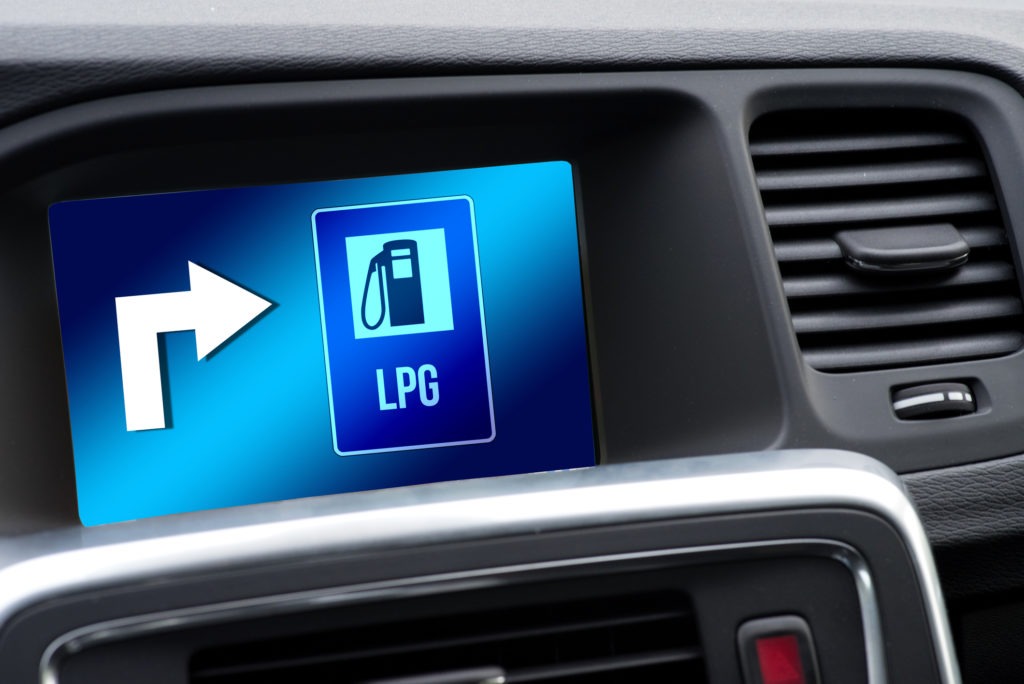ACEA and gas associations call for expanded EU refuelling infrastructure
21 January 2020

21 January 2020
The European Automobile Manufacturers’ Association (ACEA), the European Biogas Association (EBA) and the Natural & bio Gas Vehicle Association (NGVA Europe) are calling on EU policy makers to accelerate the deployment of infrastructure to deliver natural gas and renewable gas/biomethane across the region.
Europe needs a successful energy transition to achieve its target of net-zero emissions mobility by 2050. The associations are highlighting compressed natural gas (CNG) and liquefied natural gas (LNG) as solutions for both private vehicles and road freight transport that can make an important contribution to this transition, while also being complementary to other alternative powertrain and fuel options.
′The use of natural & renewable gas is a quick and easy way to complement a complex system that will gradually change our way to move and to transport freights around the world. Recognising its role for transport decarbonisation in the future revision of the legislative measures is the best way to create safe, secure, sustainable and efficient system in favour of European citizens’ mobility and companies’ logistics. And this needs to start as soon and fast as possible,’ noted NGVA Europe Secretary General, Andrea Gerini.
Switching to renewable gas
To accelerate the switch to renewable gases and further reduce the CO2 emissions of CNG and LNG fleets, the associations emphasise that the strategic and instrumental role of the existing infrastructure has to be preserved. Moreover, the signatories are urging the EU to expand the natural gas infrastructure to evenly cover the whole region, to support the integration and use of a growing rate of renewable gas in the market and to maintain support for R&I activities through EU funding schemes.
′All options need to be on the table for road transport. Natural and renewable gas is an available resource that can help to reduce CO2 emissions from new and existing vehicles. Hence, we call on policy makers to deliver what the EU Directive on Alternative Fuels Infrastructure (DAFI) already provides and to put more emphasis on the roll-out of EU-wide infrastructure for all fuel and energy options in the future,’ said Petr Dolejsi, ACEA Mobility & Sustainable Transport Director.
Reframing the European Green Deal
The EU Commission is reframing its important environment and energy legislation under the European Green Deal, and a coalition of vehicle manufacturers and fuel suppliers has already called for it not to abandon clean, proven and cost-effective solutions such as sustainable renewable fuels and LPG.
′Gas mobility contributes to affordable, accessible, healthier and cleaner alternatives in the transport sector, fully in line with the European Green Deal. Bio-CNG and bio-LNG have very low well-to-wheel emissions and bring along multiple knock-on effects for the environment and European societies,’ commented EBA Secretary General, Susanna PflÜger.